Seamless Backup Power System Installation
Installing a backup generator provides a reliable power source during outages, ensuring continuous operation of essential home systems. It enhances safety, comfort, and convenience by maintaining electricity for heating, refrigeration, medical devices, and communication systems. With the increasing frequency of severe weather events, having a backup power solution is becoming an essential component of residential preparedness.
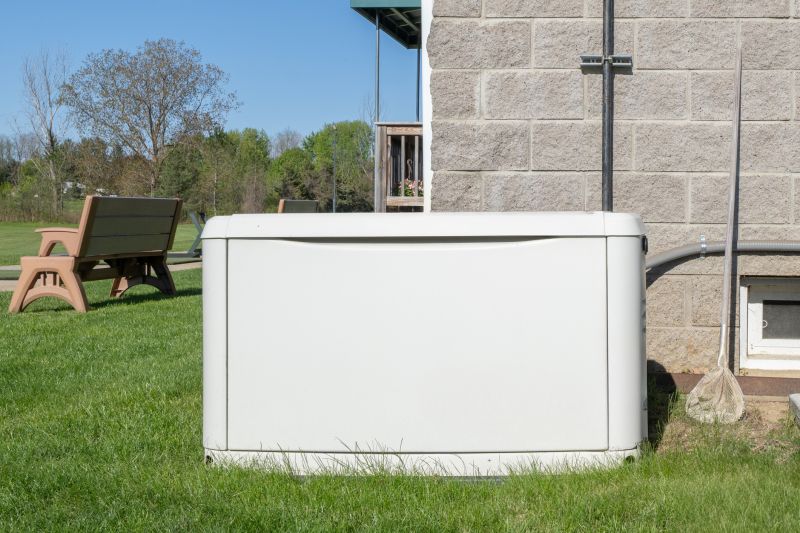
A home backup generator installed outdoors, ready to provide power during outages.
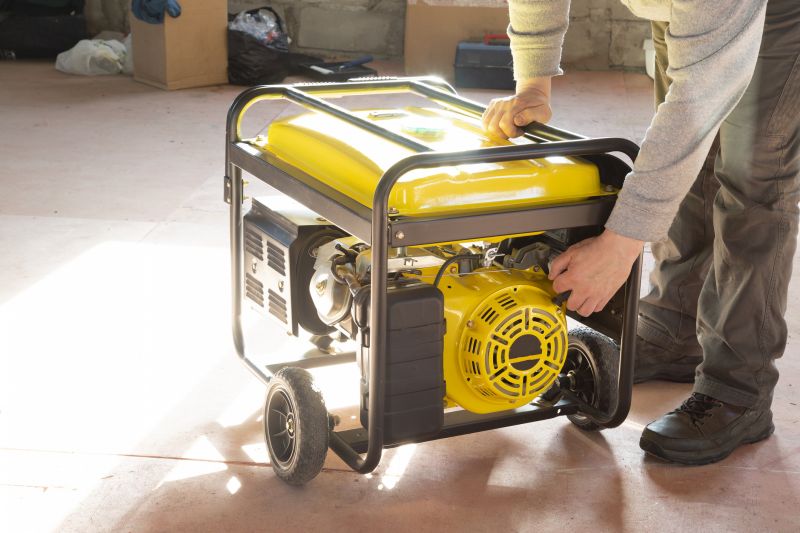
Close-up of electrical connections ensuring safe and efficient power transfer.
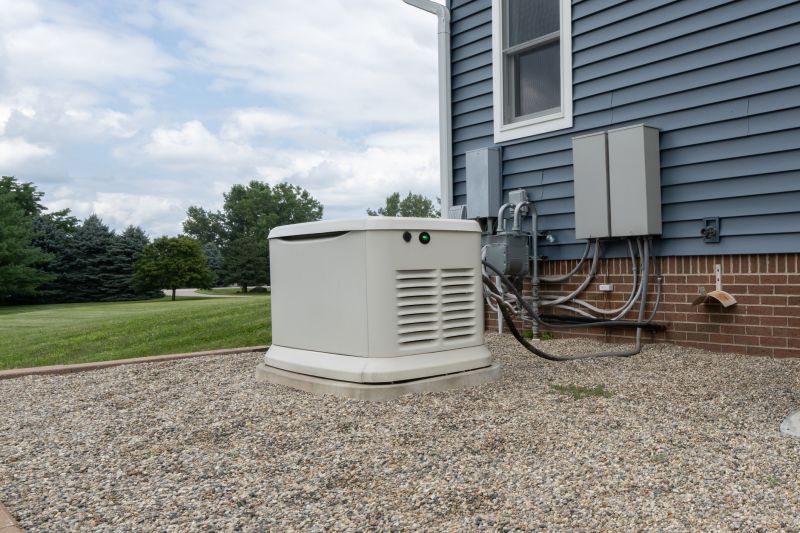
User-friendly interface for managing backup power systems.
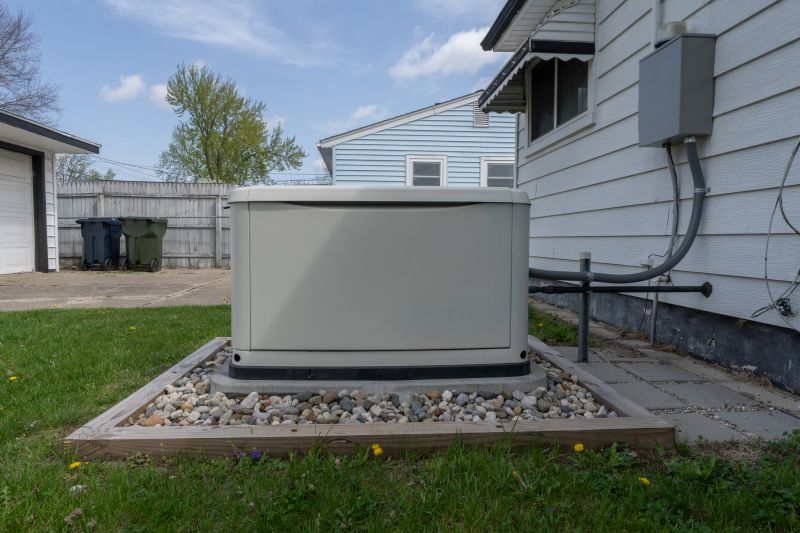
A residential property with a generator installed nearby, ensuring peace of mind.
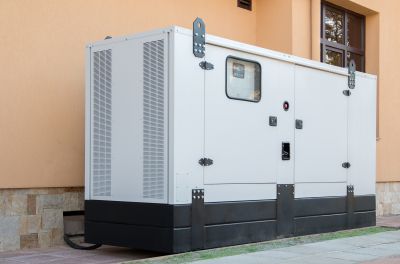
Protective housing designed to withstand weather conditions while housing the generator.
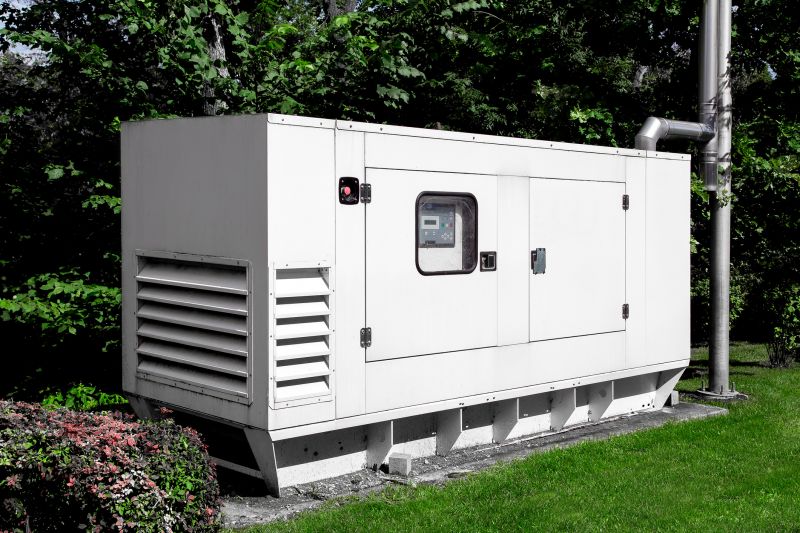
Prepared area for installing a backup generator, including proper ventilation and clearance.
The process of installing a residential backup generator typically involves an initial assessment of the property, determining the optimal location for installation, and evaluating electrical and fuel supply requirements. The installation process usually takes between one to three days, depending on the complexity of the setup and site conditions. Proper planning ensures the generator is positioned for optimal safety, accessibility, and performance.
A backup generator ensures critical systems remain operational, reducing risks during power outages.
Maintains heating, cooling, and essential appliances, providing comfort regardless of external conditions.
Installing a backup generator can enhance the value and appeal of a residential property.
Reduces reliance on the grid and provides peace of mind during extended outages.
The benefits of having a backup generator extend beyond convenience. It provides peace of mind knowing that essential systems will remain functional during unexpected outages. This reliability can be particularly valuable for households with medical needs, home-based businesses, or individuals working remotely. A professionally installed generator ensures optimal performance, safety, and compliance with local codes.
| Key Benefit | Description |
|---|---|
| Reliability | Provides continuous power during outages, preventing disruptions. |
| Safety | Maintains essential safety systems such as alarms and medical devices. |
| Comfort | Ensures heating, cooling, and appliances operate without interruption. |
| Property Value | Adds value and attractiveness to the home. |
| Convenience | Eliminates the need for manual intervention during power failures. |
| Cost Savings | Reduces potential damage to appliances and food spoilage. |
| Peace of Mind | Offers reassurance during severe weather or grid issues. |
Proper installation of a backup generator involves careful planning, adherence to safety standards, and selecting the right size and type for the household’s needs. The entire process ensures that the generator integrates seamlessly with existing electrical systems and is positioned to maximize safety and efficiency. Regular maintenance and inspections are recommended to keep the system ready for use at all times.
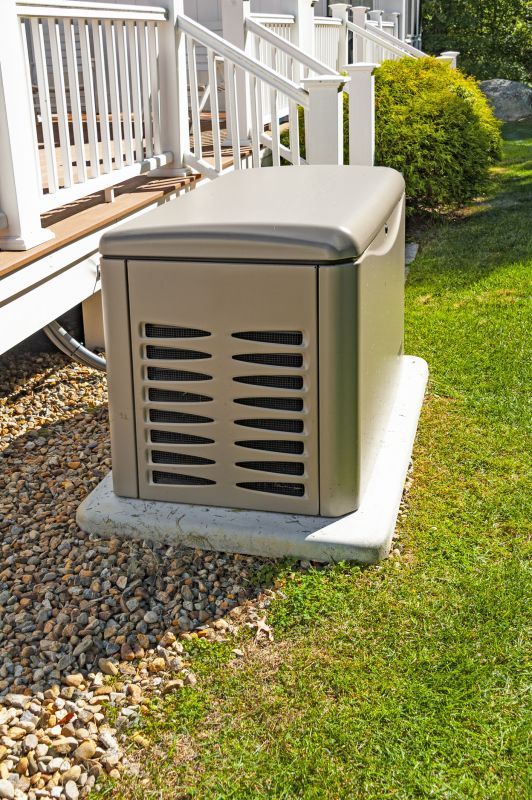
A residential generator installed beside a home, ready for use.
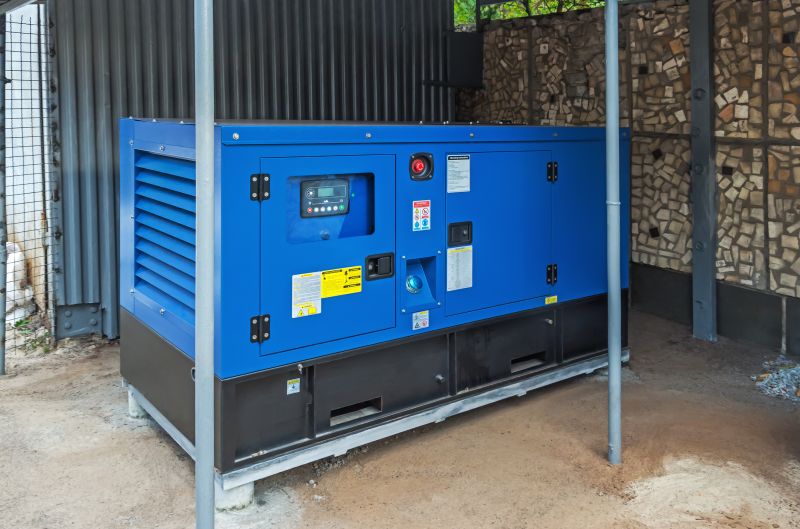
An advanced control panel for managing backup power functions.
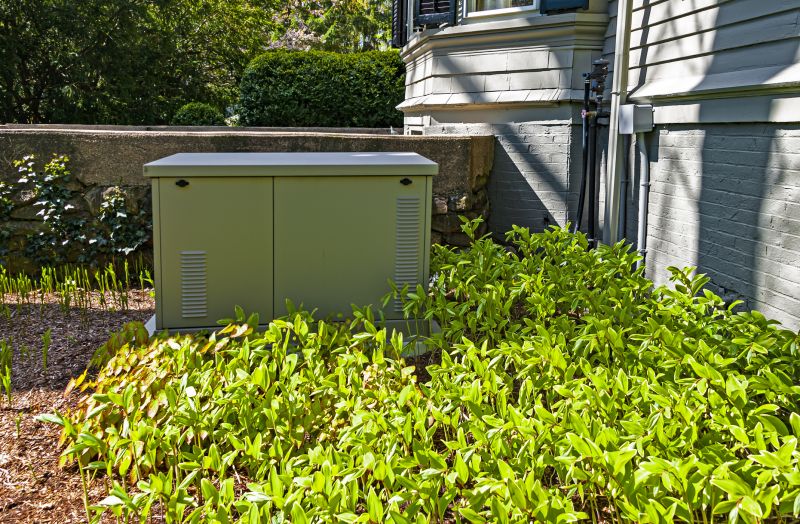
A weatherproof enclosure designed to house a home backup generator.
For homeowners interested in enhancing their property's resilience, obtaining a backup generator installation quote is a straightforward process. Filling out a quick contact form provides the information needed to assess requirements, discuss options, and schedule a professional installation. A reliable backup power system ensures continuity and peace of mind in any situation.



